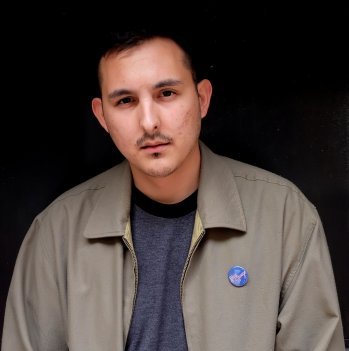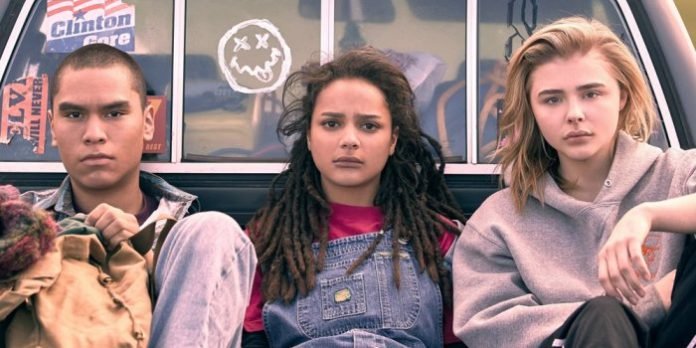Vancouver’s silver screens turn a shade of pink once again this August, as the Vancouver Queer Film Festival (VQFF) presents more than 70 films from 15 countries.
But while the diversity of offerings at this year’s festival is reason enough for the LGBTQ community to celebrate, this year also marks the 30th anniversary of what is billed as our city’s second largest film festival.
“Our 30th year is the perfect time to reflect on how queer cinema has evolved,” says co-artistic director Amber Dawn. “We now see queer, trans, and two-spirit themed films routinely winning awards and gaining wide viewership. Even with this recognition, there are still so many stories to be told and so many innovative possibilities for media-based storytelling. You’ll only get a chance to see groundbreaking stories like these at festivals like Vancouver Queer Film Festival.”
Curated by Dawn and Anoushka Ratnarajah, this year’s festival will open with Malaysian-born writer and director Yen Tan’s 1985. Shot in black-and-white, and set against the spectre of the Reagan years, 1985 is the story of a young man who returns to his hometown in Texas, revealing to his estranged conservative parents that he has AIDS.
The festival’s centrepiece gala this year comes from LA-based comedian, writer and actress Vivian Bang, who co-wrote and stars in White Rabbit. In this comedy, which premiered at this year’s Sundance Film Festival, Bang plays a Korean-American performance artist who tries to remain dedicated to her art and struggles to pay the bills by doing odd jobs on the peer-to-peer network, TaskRabbit.
VQFF closes with The Miseducation of Cameron Post, the sophomore feature from Desiree Akhavan and winner of the Grand Jury Prize for U.S. Drama at the 2018 Sundance Film Festival. Based on the novel of the same name and set in the early 1990s, the film follows high school senior Cameron Post, who is caught in a small-town scandal when she’s discovered having a secret relationship with her best friend. Deemed a sinner, Cameron is sent by her conservative aunt and guardian to a Christian conversion therapy camp.
Among the dozens of offerings beyond the festival’s three gala films are returning favourites The Coast is Queer, the annual collection of shorts from Vancouver filmmakers, and the youth-driven program, Troublemakers.
New this year comes an offshoot of The Coast is Queer with The Coast is Genderqueer, featuring local shorts of transgender, gender-fluid, and non-binary stories.

Also making its first appearance this year, as one of four spotlights, is Indigiqueer Shorts from Turtle Island and Aotearoa, curated by festival programmer Justin Ducharme. Others in the spotlights series include focuses on youth, trans women, and the artist.
As part of a larger two-spirit showcase, the shorts program takes its name from the indigenous words for North America (Turtle Island) and New Zealand (Aotearoa).
“It is a collection films that vary from a narrative to experimental, and they all tackle indigiqueer identity and how indigenous folks express their queerness and even how they exist in the world,” says Ducharme.
The program will also serve to introduce some festival goers to the term “indigiqueer”, a word first coined in 2004 by the VQFF’s artist-in-residence and filmmaker, Thirza Cuthand.
“It goes hand-in-hand with two-spirit I guess you would say,” explains Ducharme. “It is all in the same mix, but it is just another way for queer indigenous folks to identify themselves and their queerness.”
Ducharme goes on to explain that some members of the indigenous community struggle with the idea of duality of gender inherent with the term two-spirited.
“Indigiqueer encompasses a further idea, a larger scope of indigenous queer identities,” he says.
While reflecting the stories of the two-spirit and indigiqueer communities, Ducharme also sees his showcase and shorts program as an opportunity for those who identify outside these two groups to broaden their view.
“My advice is to be open to seeing different experiences and be open to learning about what is on screen and what is being shared,” he says.
Always known for taking risks, it is advice that seems somehow fitting for the entire line-up as the Vancouver Queer Film Fest turns thirty.
The 2018 Vancouver Queer Film Festival takes place August 9-19. Visit queerfilmfestival.ca for tickets and information.

